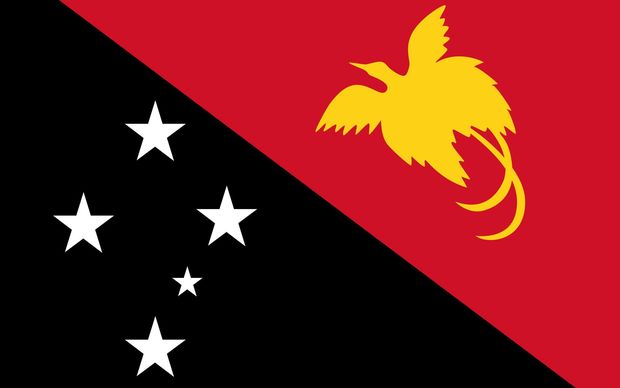
Posted by Radio New Zealand
Fifteen women and children have been killed in an early morning attack on a village in Papua New Guinea's Highlands region.
Monday's attack occurred in the Tagali local level government area of Hela province's Tari-Pori district.
Johnny Blades has been following developments and gave Dominic Godfrey the following update
Johnny Blades: So the attack happened in Karida village of Tagali local level government area. In the early hours of Monday morning, it appears the assailants snuck into the village and killed - in very brutal fashion with machetes and guns - these women and children. And it adds to, according to police, around six or seven other deaths since last week in this area, probably related to an ongoing tribal conflict. Although police who I spoke to were reluctant to pin it on one particular tribe until they knew a bit more, because as I say it was in the middle of the night, this attack, and details are quite scarce because there weren't many witnesses, but they are describing it as this sort of 'seek and hide' type warfare where we're tribes launched attacks out of the blue and then run, rather than maybe a more kind of direct confrontation seen typically in the past.
Dominic Godfrey: Now, this Highlands area has had its problems with tribal violence for many years, hasn't it?
Johnny Blades: Hela province and neighbouring Southern Highlands province in particular, they've had tribal warfare down the ages, but it really does seem to have surged in the last two or three years. And I think there are a couple of reasons for that. One, there is a lot of dissatisfaction with the big LNG gas project up there, in which the gas fields are centred in Hela, and to an extent, and Southern Highlands. And people are very frustrated about the lack of promised benefits from that. And that has also sometimes played into tribal conflicts. Also, there's been election-related problems. I mean, the 2017 General Election resulted in over 200 deaths, according to an Australian National University report, and many of those deaths were from tribal or inter-political rival fighting in the Highlands. So you know, it just creates chaos. And it plays into this sort of never ending cycle of revenge, where a tribe will look to avenge a grievance, and it might be that they sit on that grievance for months, and it comes later. And that's what the police were saying about this latest thing in Tagali, that there was no obvious causal event which immediately preceded it, but that the assailants could have been sitting on something which had happened a while back. As I say there's an ongoing conflict between at least between two or three tribes in that area.
Dominic Godfrey: Revenge, a dish best served cold. Now this latest vicious attack has happened on the electorate of PNG's prime minister, James Marape. What's his response been?
Johnny Blades: He's issued a very strong statement, saying that it's one of the saddest days of his life hearing about this attack in his own district. And he's vowed to use the strongest measures and law against the killers. This type of fighting, it's not just lives that were directly taken at the time, but it's this ongoing legacy and trauma which affects wider communities and it also knocks out public infrastructure. For instance, there has been some fighting in a different tribal conflict in Southern Highlands in the Kagua-Erave district which, according to authorities up there, has killed between 30 and 40 people in the last several months, and it's knocked out a school and a health centre. And public infrastructure is already struggling in areas like the Highlands, struggling for maintenance and so forth. So to be burnt down, and you know, to knock out that sort of stuff is devastating. So Marape, who's only been in the job a month or two, he's certainly vowing to take a tough line against this.
Dominic Godfrey: But the reach of the state, the police and central governments and so on, is limited out there in the Highlands, isn't it?
Johnny Blades: Exactly I mean, police are often out-manned and outgunned, because there's a problem with the proliferation of guns throughout these provinces - in fact, all the Highlands, but particularly these provinces, (a problem with) the automatic kind of weapons being in the hands of tribes who are at war with each other. A number of them have a huge amount of guns, and the police car do much about it. You know, they can investigate an attack like the one we are talking about in Tagali, but they will be stretched to be able to bring perpetrators to justice. And it's the same kind of pattern when the police are trying to crack down on sorcery accusation-related violence, which is also another glaring problem in the Highlands because police may go into a community to investigate but getting people to testify or to try and bring suspects in is really difficult, and the police are under resourced. So it's a huge struggle. Ending tribal violence is not going to just happen overnight.

No comments:
Post a Comment